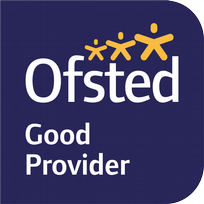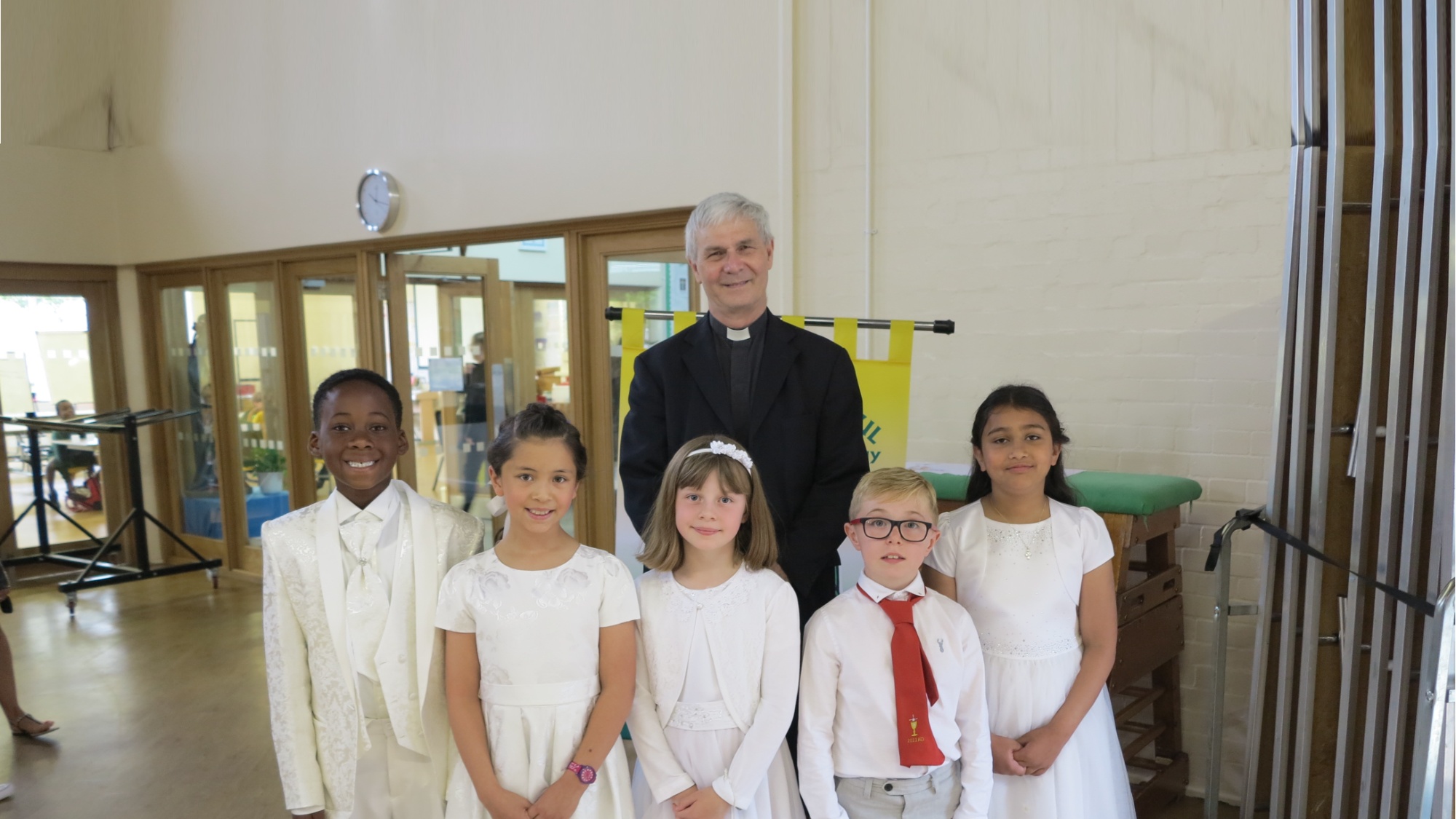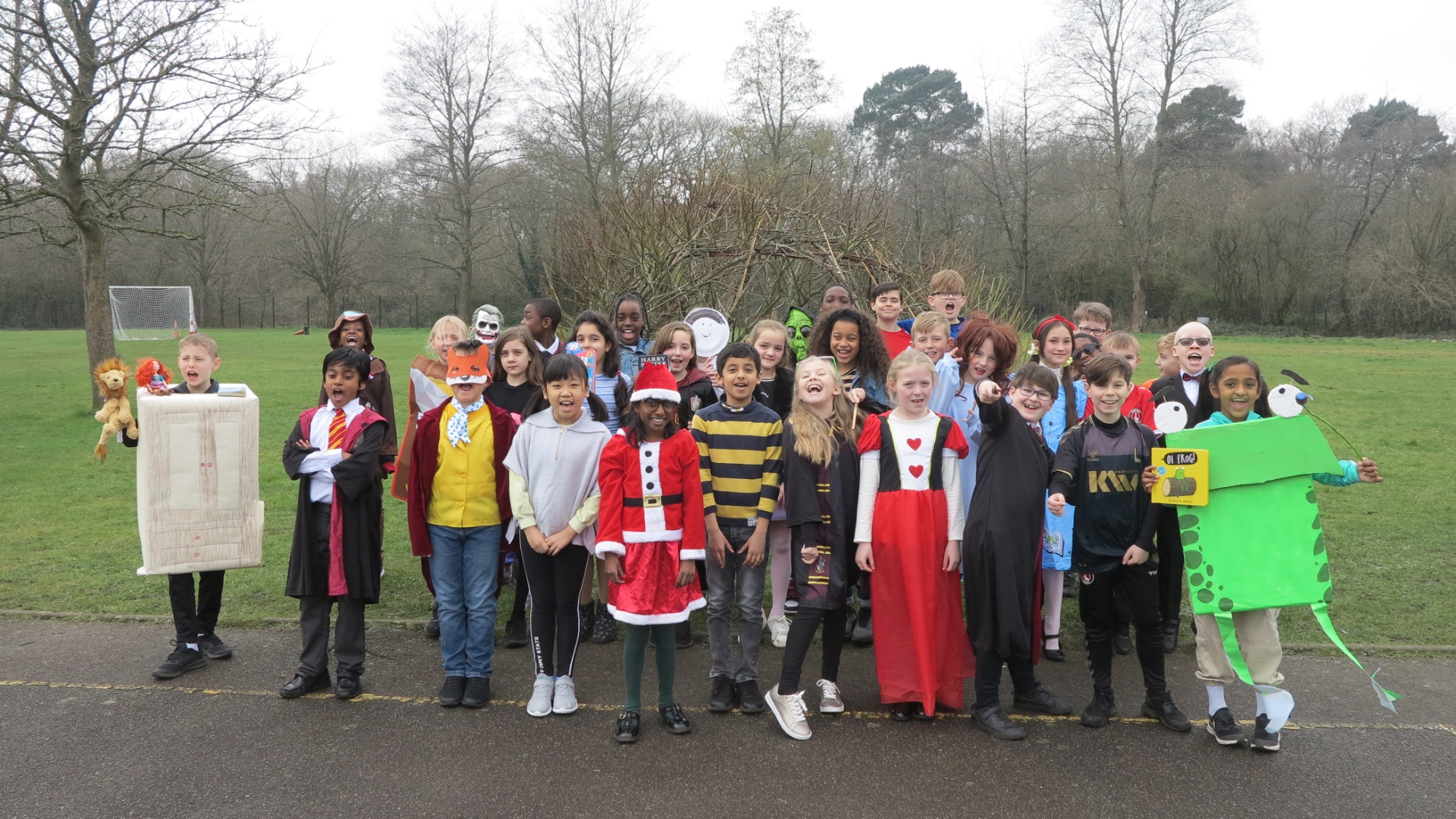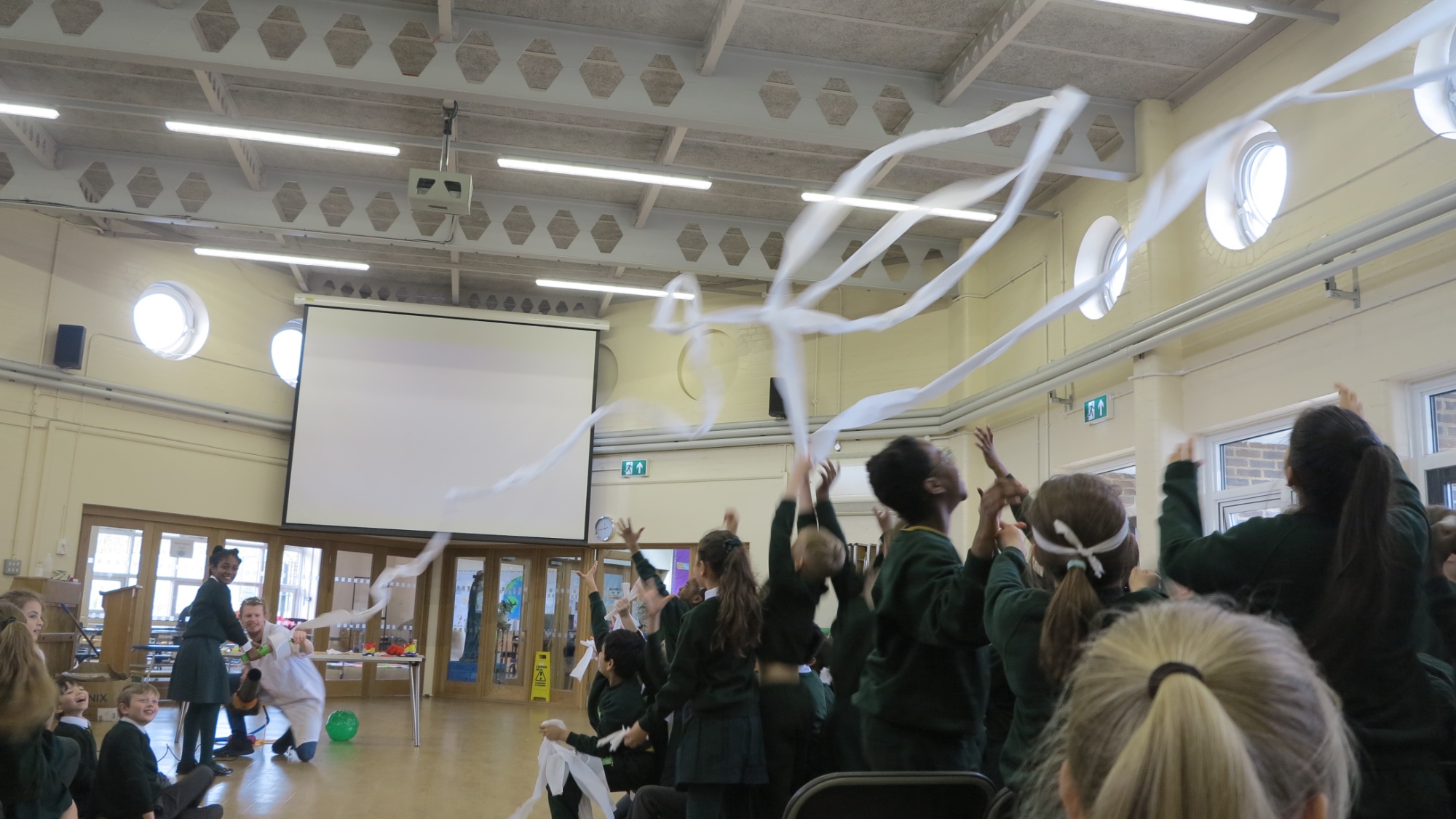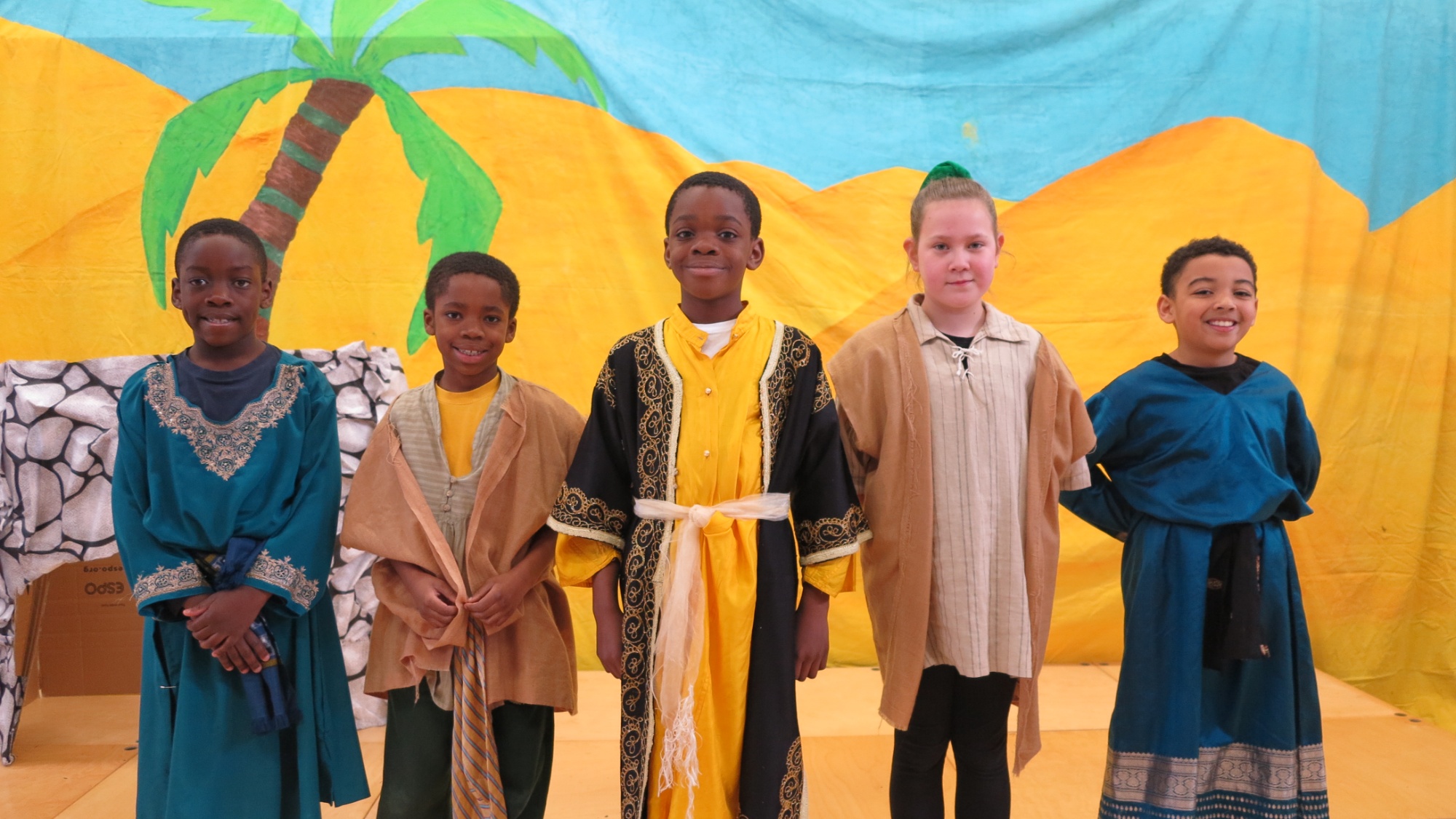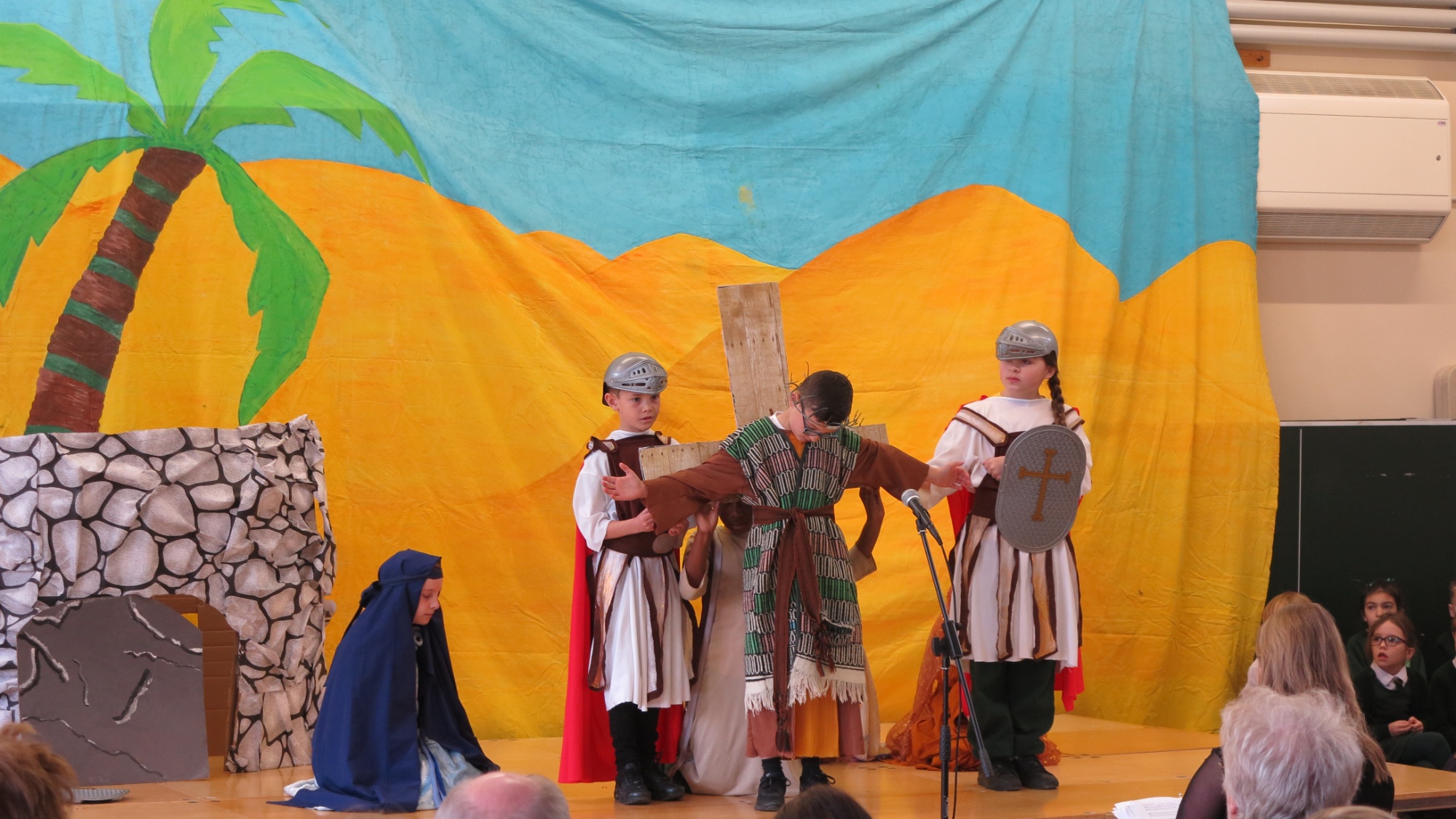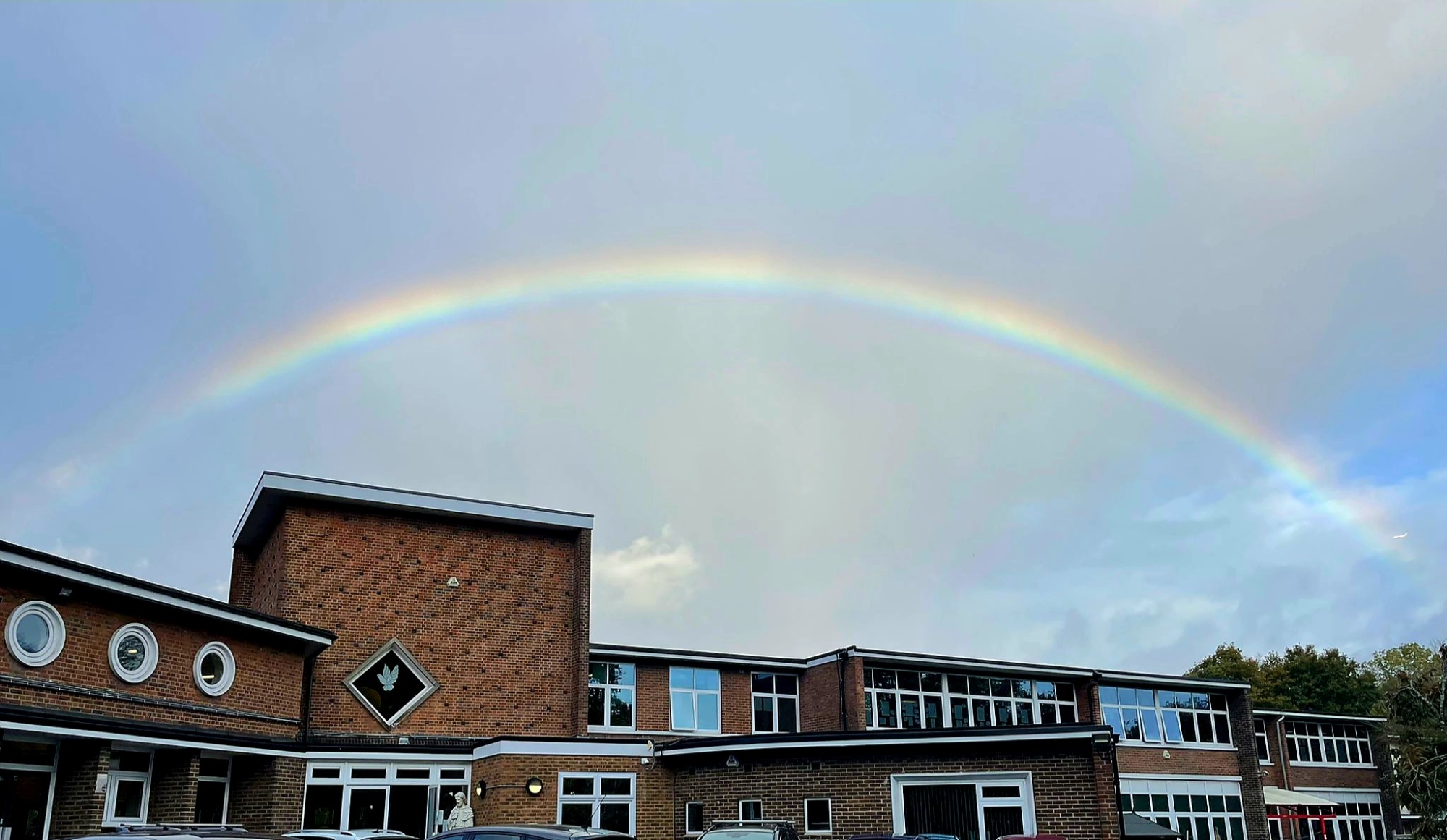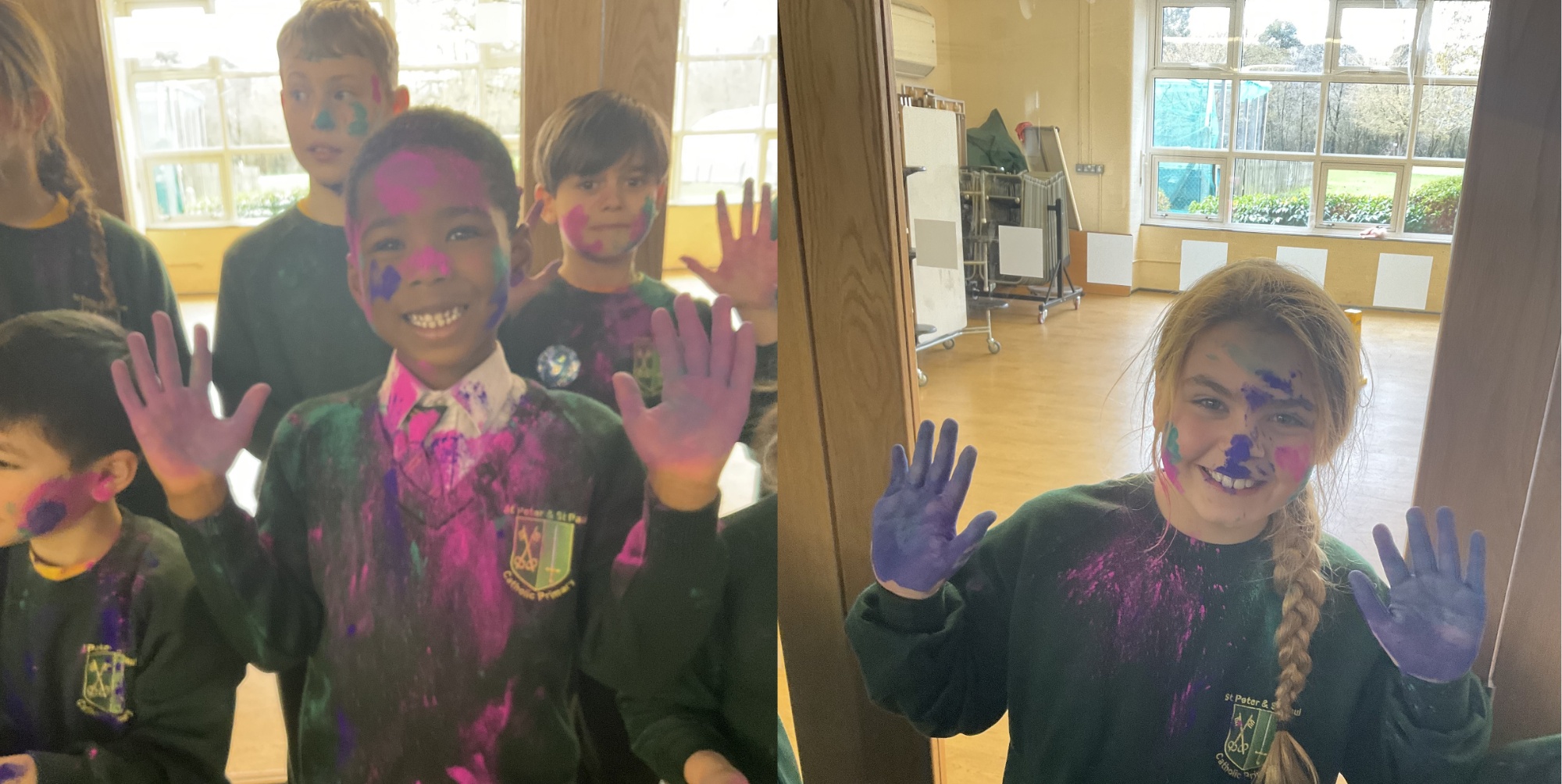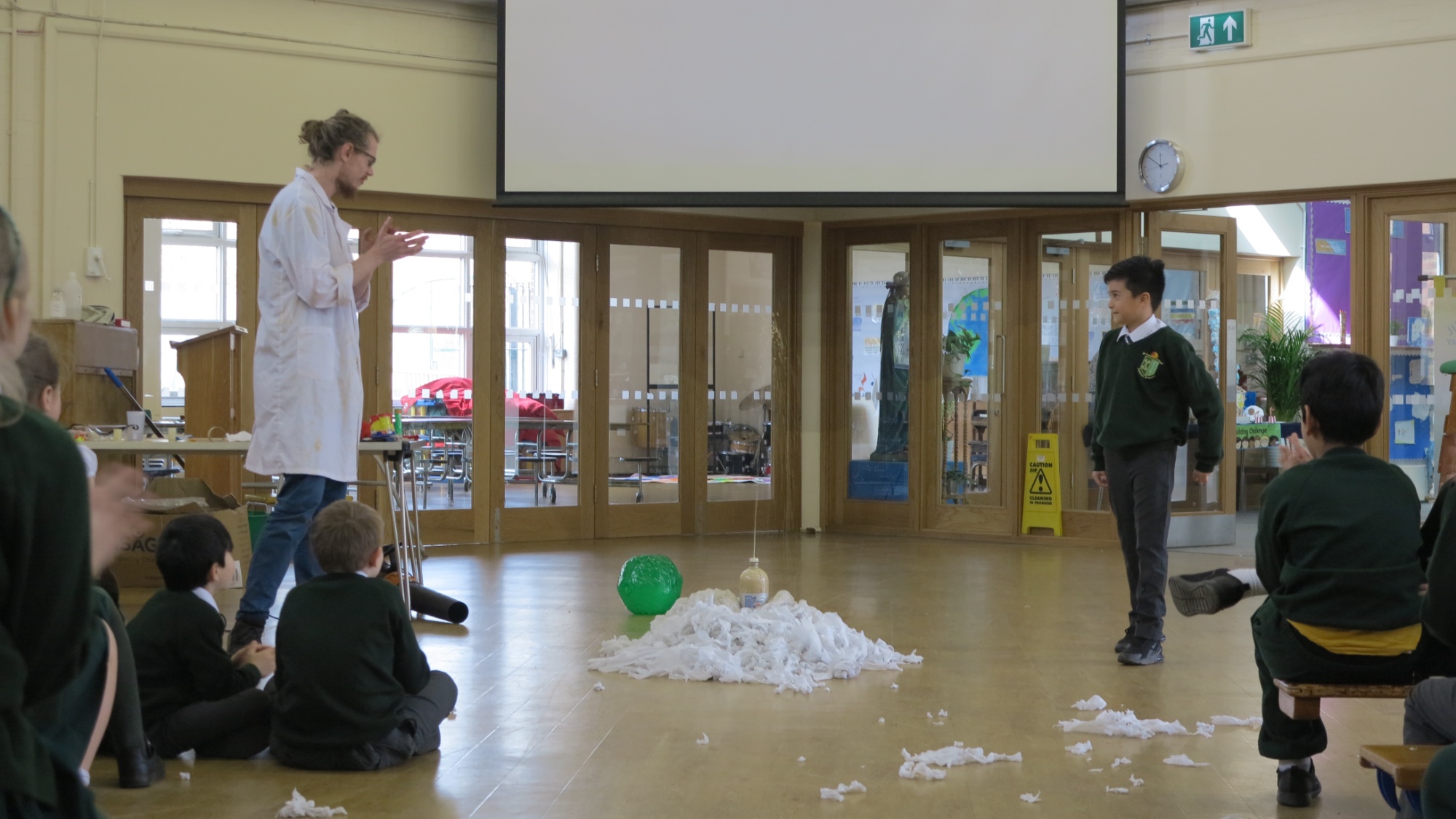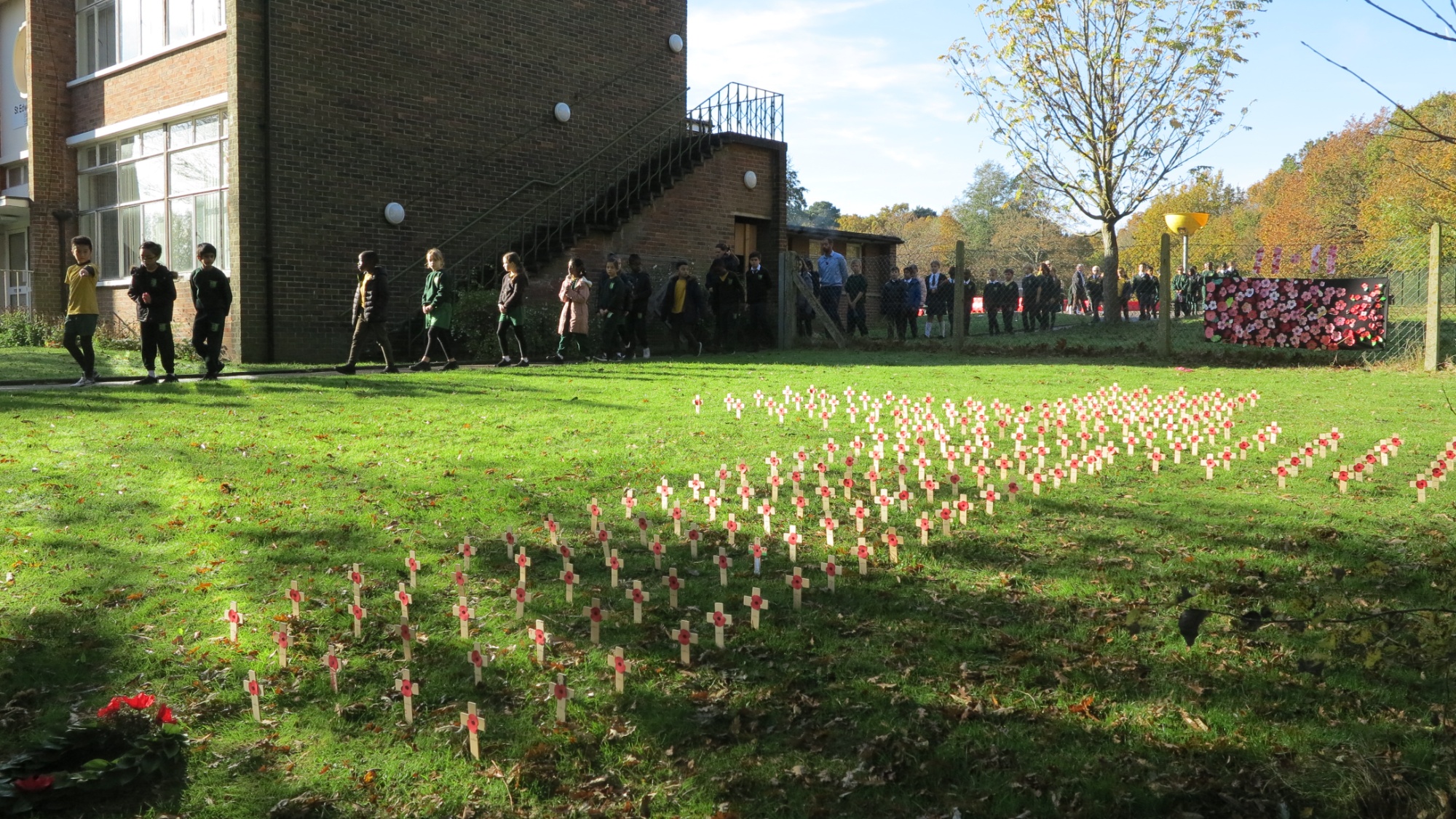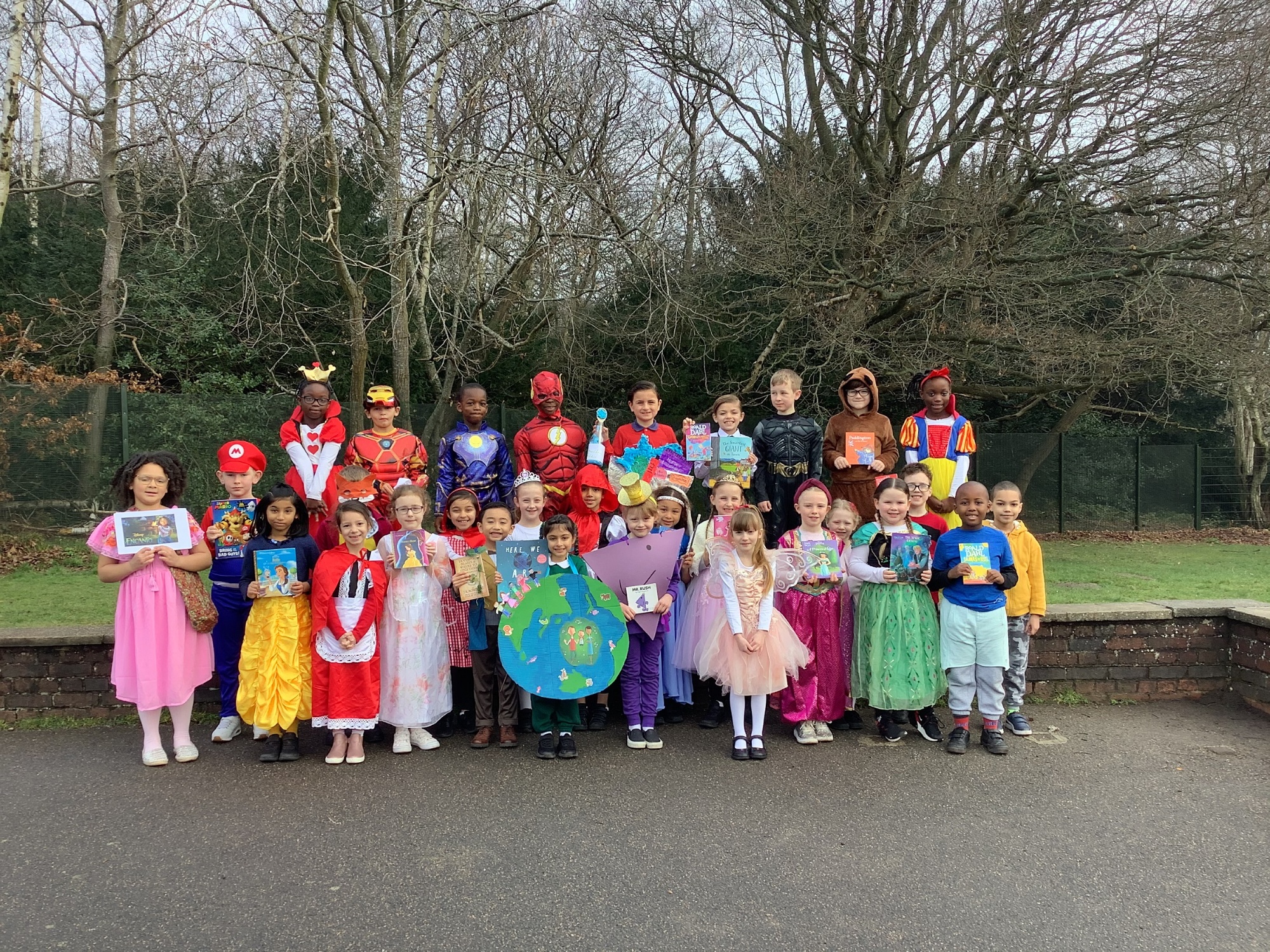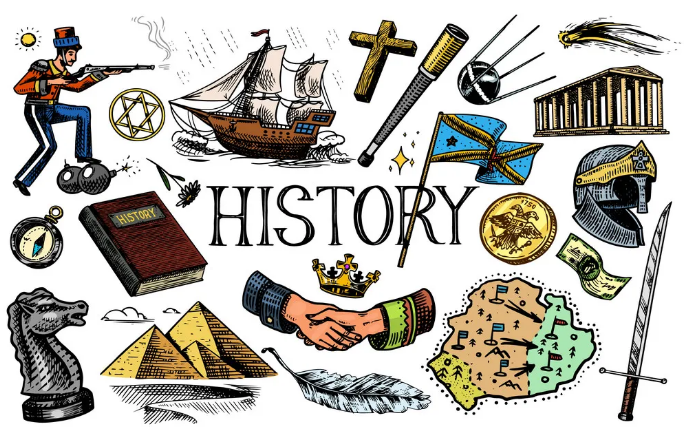Humanities at St Peter and St Paul Catholic Primary Academy
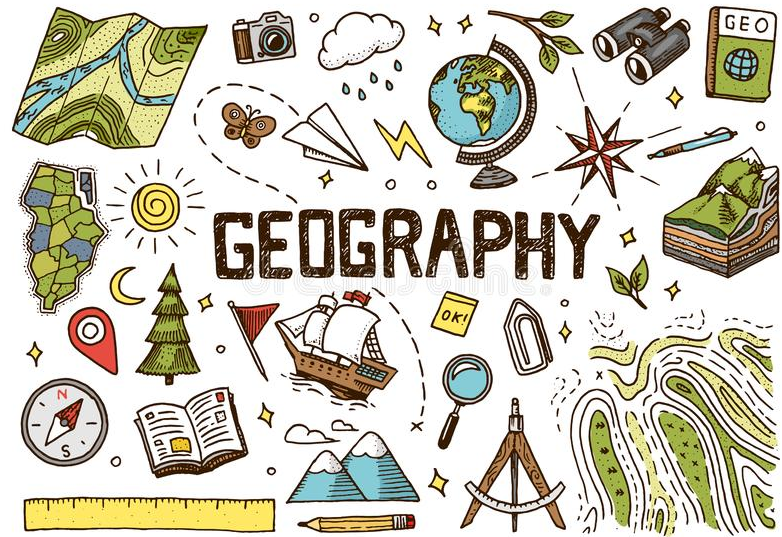
The Intent, Implication and Impact of our Humanities Curriculum.
The National Curriculum underpins our Geography curriculum. Our progression documents set out the development of knowledge and skills that are essential foundations for being a geographer. Through studying Geography, pupils will develop a strong understanding of the diversity of people and places within the UK and across the world. Our Humanities' curriculum is focused on knowledge that takes students beyond their everyday experience and will potentially contribute to an increase in social mobility and higher educational outcomes.
The intent- Geography Curriculum:
- To stimulate children’s interest in their surroundings and develop a knowledge and understanding of the physical and human processes that shape places.
- To provide learning opportunities that enthuse, engage, and motivate children to learn and foster a sense of curiosity and wonder at the beauty of the world around them.
- To encourage in children a commitment to sustainable development and an appreciation of what ‘global citizenship’ means.
- To make sense of their own surroundings through learning about their own locality and the interaction between people and the environment.
- To develop the geographical skills, including how to use, draw and interpret maps of different scales, and the vocabulary necessary to carry out effective geographical enquiry.
- To be able to apply map reading skills to globes and atlas maps and identify geographical features.
- To formulate appropriate questions, develop research skills and evaluate material to inform opinions.
Implementation
To ensure the curriculum is both relevant and engaging, schemes of work will be reviewed and evaluated at the end of each academic year. Classroom learning will utilise a range of teaching approaches, like: role play, games, creative tasks enquiry questions and discussions. Teachers plan from the progression documents, and are expected to use the localities and geographical understanding outlined to teach the required knowledge and skills.Teachers will use their expertise about when global events provide an opportunity for reinforcing the knowledge, understanding and skills within the curriculum, and may from time to time plan responsive discrete lessons. These opportunities are recorded in topic books. Teachers adapt their teaching in response to ongoing assessment to ensure accurate and fluent recall of core knowledge. They provide ongoing feedback, which supports the development of the required skills.
The intent - History Curriculum:
- To ensure that children can work in chronological order from ancient history such as ‘Ancient Egypt’ and then progress onto more modern history such as ‘The Industrial Revolution’.
- To allow children to repeat and embed this sequence of chronology with a wider selection of ancient history such as ‘Early Islamic Civilisations and ‘Stone Age’ through to more modern history.
- To truly develop and embed a sense of time; know how civilisations were interconnected and how they have impacted our lives now.
Implementation
In order for children to know more and remember more in each area of history studied, there is a structure to the lesson sequence whereby prior learning is always considered and opportunities for revision of facts and historical understanding are built into lessons. It allows for this revision to become part of good practice and ultimately helps build a depth to children’s historical understanding. Through revisiting and consolidating skills, our lesson plans and resources help children build on prior knowledge alongside introducing new skills and challenges.
The Impact of our Humanities Curriculum
The success of Humanities will be measured formally, in the form of:
· written assessments
· photo or video evidence of practical learning
· evidence of learning from book scrutinies
· self/peer assessment
· children taking ownership of learning
Informally:
· children will enjoy and look forward to Humanities lessons
· children will have the knowledge to compare the past to the present, in order to better understand the world around them
· children understanding that significant events can have personal, cultural, and historical implications
· children show an understanding of how beliefs and values shape us as people within our communities
· children become independent and confident learners
· children become compassionate, tolerant, and empathetic individuals.

